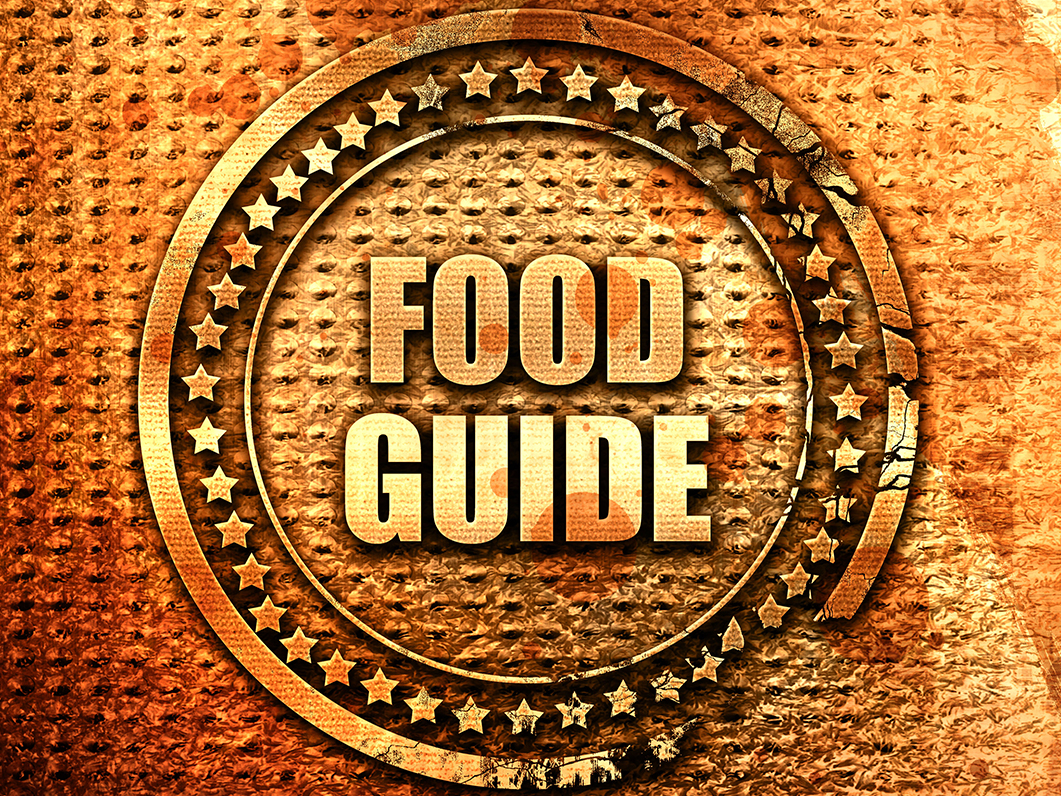USDA dietary guidelines 2015-2020 tout onion benefits
In its 2015-2020 Dietary Guidelines for Americans (all 122 pages of it), the USDA looks at how and what Americans eat from just about every conceivable angle.
Time Magazine covered the release of the guidelines with a comprehensive overview, noting document provides “advice on healthy eating while also influencing countless federal nutrition and food programs…” The article can be accessed at http://time.com/4142859/2015-us-dietary-guidelines/, and onions are featured both as a separate food item and also included in many recipes the magazine provides. You can find the USDA document at https://health.gov/dietaryguidelines/.
Writer Alexandra Sifferlin noted in her Jan. 07, 2016, piece that overall, the 2015-2020 Guidelines advise Americans to adopt and stick to an eating pattern that includes a variety of fruits and vegetables as well as grains, protein and oils.
Recommended are whole grains in that grain category, and proteins include lean meats, nuts and seafood.
In its coverage of the guidelines, the periodical also noted the government’s conclusions were not without an element of potential controversy. Time noted an “unprecedented number of remarks were registered with the federal government” during the open-comment period, an unprecedented number of remarks. The controversy apparently stems from suggestions considered by some health experts to be outdated, such as low- and no-fat dairy products.
Published during the previous administration under then
Health and Human Services Secretary Sylvia Mathews Burwell, the document is released as a joint effort of the HHS and USDA.
Dr. Thomas E. Price was sworn in as the 23rd Secretary of Health and Human Services on Feb.10 of this year and could effect change in the next guidelines.
Indisputable is the info on onions, which contain healthy sulfur compounds and are also a good source of vitamins C and B6, manganese, potassium and fiber. They’re also a great way to get quercetin, an antioxidant that could support heart health while combatting inflammation and fighting allergy symptoms.
Plus, they are a great-tasting addition to any meal and are among the most versatile of all food items.
Nutritionally, one cup of cooked onions is a scant 92 calories, with 0.4 g of fat, 0 mg of cholesterol and 3 mg of sodium. They provide 21 g of carbohydrates, 3 g of dietary fiber, 10 g of sugars and 3 g of protein, the article stated.



